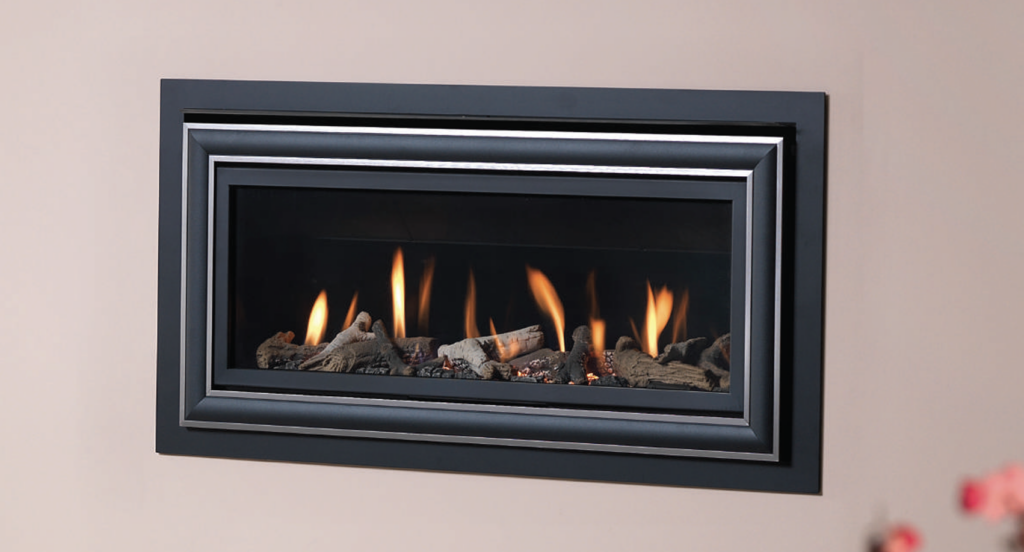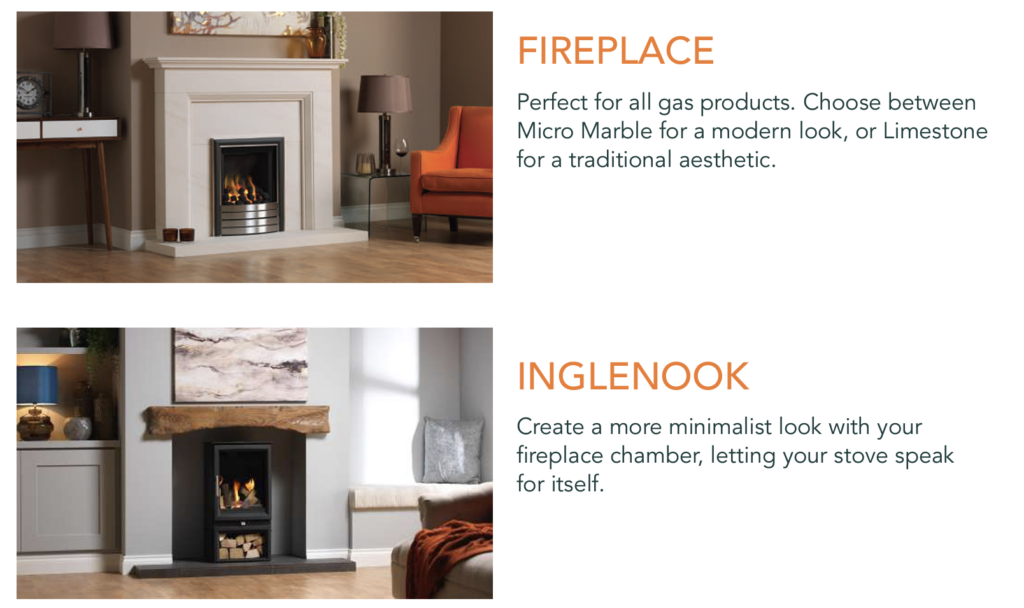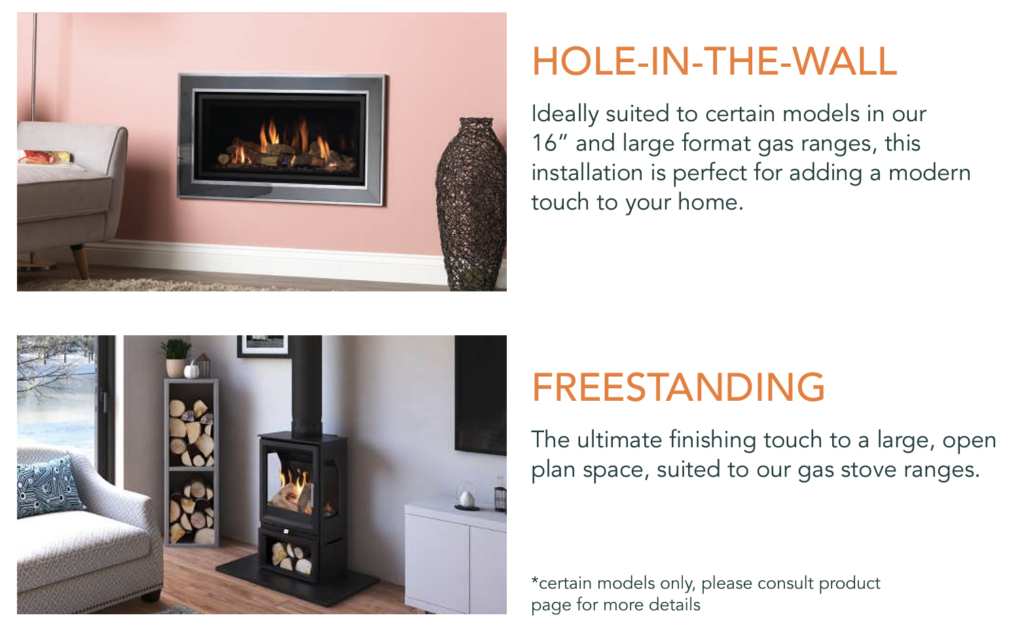Gas fires in the Charlton & Jenrick range offer a wide range of styles and cater for varying room sizes and budgets. All are exceptionally efficient, which means you keep warm for less. When you are considering buying a gas fire, you no doubt have many questions – the most popular are listed below.
1. Are gas fires expensive to run?
The cost of running a gas fire will depend on a wide range of factors. To start with, you will need to understand what energy tariff you are on – are you on a fixed or variable plan? There is no real right or wrong answer here, as it depends on what works best for you. According to recent research from energy analyst Cornwall Insight, switching to a fixed energy tariff saves just £5 a year on average compared to being on the Ofgem energy price cap. The next energy price cap will be from 1 October 24 until the end of the year. It’s predicted to rise 10% to £1,723.
You are able to calculate how much gas you are using. The calculation is the kWh of your boiler multiplied by the price of 1kWh of gas, then divided by 100.
For example – if your boiler used 30kWh of gas per hour, and your gas cost 10.2p, it would be 30 x 10.3 = 309p, divided by 100 = £3.09 per hour to run your boiler. Run it for 5 hours (£3.09 x 5) = £15.45 etc.
This calculation is for all gas use in your home – not just your gas fire.
Gas fires such as the Infinity 890HD BF (Balanced Flue) pictured below has an efficiency level of 91% and 4.9kW heat output.
A gas fire is mainly designed to heat the room it’s in. This is great as it allows you to lower the temperature in the rest of the house if you spend most of an evening in one room (i.e. the room with the gas fire in). When considering the costs of running a gas fire you will also need to consider the costs at a larger household level. A gas fire heating one room will be much cheaper than house-wide central heating – and a great deal more environmentally friendly.

2. Who can service a gas fire?
When you have a gas fire fitted, you will need to have it serviced annually. It should be serviced by a Gas Safe registered engineer. You can find a local engineer here. A gas fire service will cost between £75 and £100. A gas fire service will take around one to two hours. If you notice any faults or issues with a gas fire, which applies to any time of the year, then don’t delay in booking an engineer. Don’t wait until service time.
3. How do Balanced Flues and Conventional Flues work?
Conventional Flues – Fires with conventional flues rely on the natural circulation of air in a room to remove gases from combustion. They work with traditional open fires and glass-fronted fires. The air needed for combustion is supplied from the room the appliance is installed in. You need a chimney with a conventional flue.
Balanced Flues – Balanced flue fires are more efficient than their conventional flue counterparts as the fires are totally sealed from the room. Essentially, there is no drawing of air from the room, which impacts efficiency. A balanced flue is an ideal solution when you don’t have a conventional chimney. These tend to be more common in newer build properties.
4. What gas fire will be best for me?
We can’t answer this directly as it’s somewhat subjective – everyone has varying tastes, budgets and requirements. What we can help with, however, is helping you focus your thinking – you need to have in mind what sort of fire you want. Whether that is a hole-in-the-wall fire, which sits neatly in a wall, a gas stove in an inglenook (or freestanding), or a traditional fireplace with a traditional 16-inch installation. Once you decide what gas fire could be best, or at least if you have a rough idea, it’s time to visit a local showroom. You are able to find a local showroom here.
Gas fire types:










